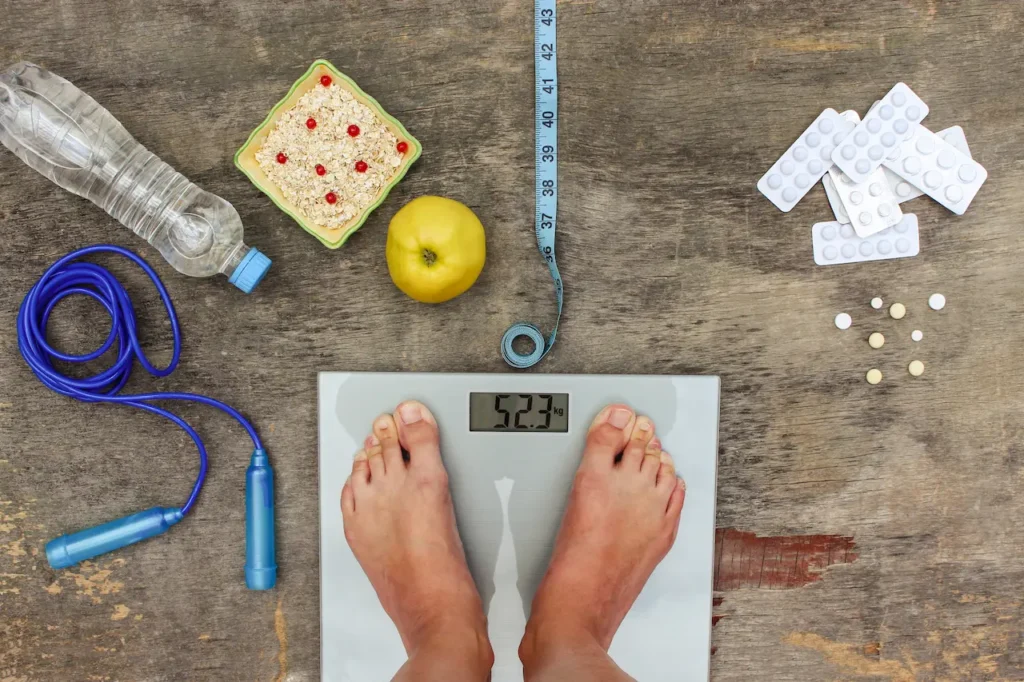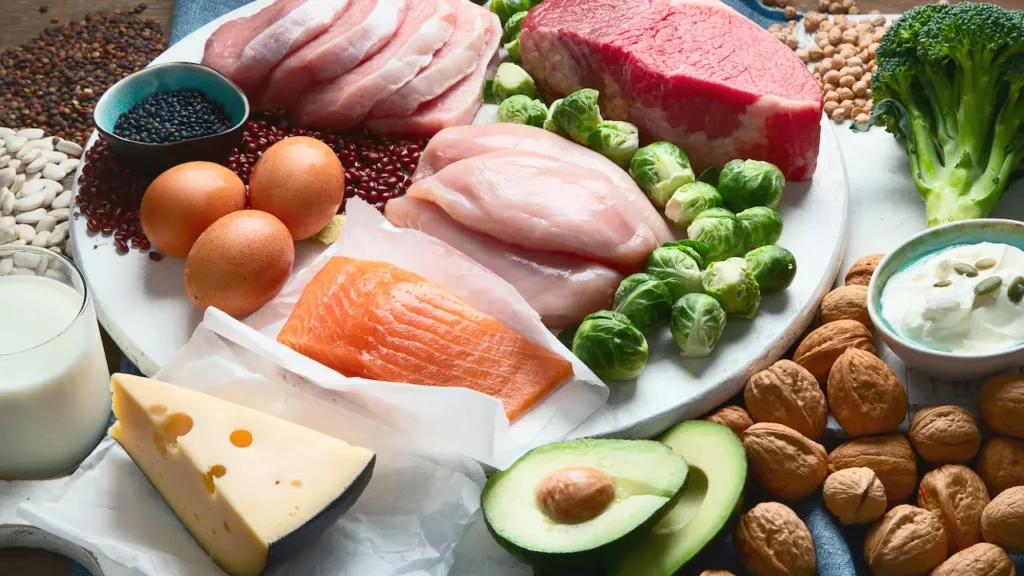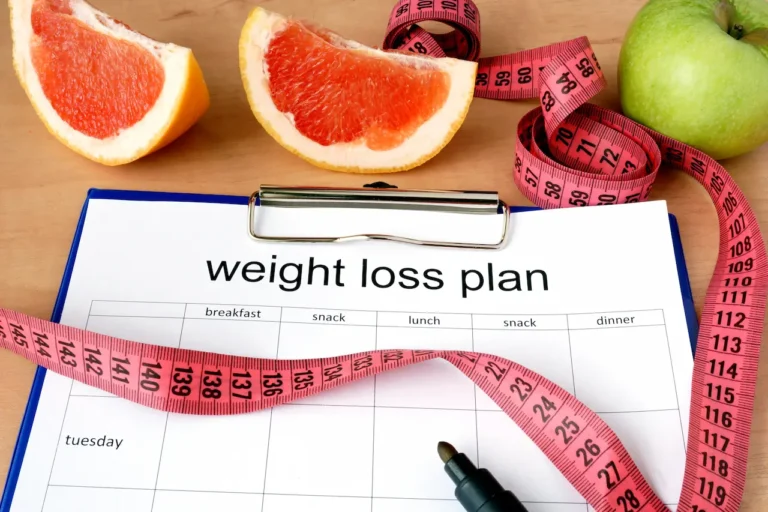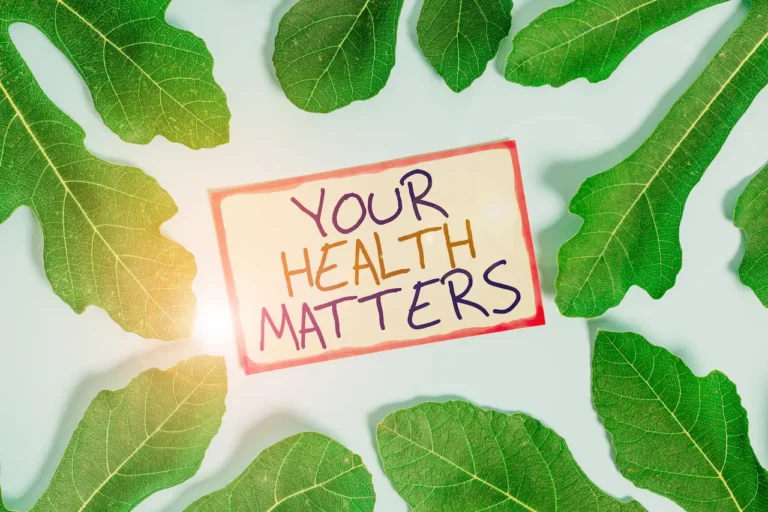Natural Ways To Lose Weight: 4 Ways
A 2014 study found that many people searching for weight loss advice online were exposed to misleading or false information. It includes “miracle” products, diet trends, and “miracle supplements” that promise rapid weight loss but are not backed by solid scientific evidence. Some of the misinformation may lead people to take extreme or unhealthy approaches, which could be harmful to their health.
Diets and exercise routines that are promoted by social media or advertisements that promise quick fixes can be problematic. These diets are usually based on severe restrictions. They may eliminate entire food groups, or they might rely on extreme caloric deficits. They may provide quick results but they do not always contain the nutrients that are needed to maintain long-term health. These diets can lead to nutrient deficiency, low energy and a weak immune system.
According to the Centers for Disease Control and Prevention, losing 1 to 2 pounds per week is the most safe and sustainable way of reducing weight. The gradual weight loss helps the body adjust to the new weight and reduces the risk of regaining weight. It also gives you time to develop healthier lifestyle habits. People who try to lose weight quickly through extreme diets and exercise programs usually gain the weight back, sometimes more. Crash dieting can lead to muscle loss and disrupt metabolism, making it difficult to maintain a healthy body weight over time.
Weight loss is best achieved through a balanced diet that’s low in calories, regular exercise, and behavioural changes. By focusing on long-term habits, rather than quick fixes, you can ensure that weight loss is both effective and maintains your health for the long term.
Table of Contents
Toggle
1. Cut Out Processed Foods
Processed foods are a staple in today’s fast-paced world due to their accessibility and convenience. While these foods are easy to prepare, and they often taste great, there are many health risks associated with them that can affect your long-term well-being. It is important to eliminate processed foods from your daily diet in order to improve health and prevent chronic disease.
Processed Foods Hidden Dangers
These foods contain ingredients that are unhealthy and difficult to digest. These foods contain sodium and unhealthy fats as well as empty calories. All of these can lead to weight gain and poor metabolic health. Here’s why these ingredients can be harmful.
- High Sodium Content: Processed food, such as canned meals, snack foods and ready-to-eat foods, often contain high levels of sodium. High blood pressure is associated with excessive sodium consumption, increasing the risk of stroke, kidney disease and heart disease. Many processed foods are high in sodium, which can have long-term negative health effects.
- Unhealthy fats: Trans fatty acids and high levels of saturated fats can be found in many processed foods. This is especially true in baked goods, fried food, and packaged snacks. These unhealthy fats may increase LDL (bad cholesterol), while decreasing HDL (good cholesterol). This can lead to an increased risk of heart disease and obesity.
- Refined sugars: Many foods and beverages processed, such as sugary drinks, candies, snacks, and sweetened beverages, have large amounts of sugar added. These sugars can lead to weight gain, fat storage and insulin resistance. Type 2 diabetes is a result of these sugars. A high sugar intake increases the risk of fatty liver and other metabolic disorders.
- Empty calories: Processed food is typically high in calories but low in nutrients such as vitamins, minerals and fibre. This imbalance can cause overeating because your body will crave the nutrients that it lacks. Since processed foods have little nutritional value you may find yourself feeling hungry again shortly after eating. This can lead to an overeating cycle.
Processed Foods are linked to addictive eating behaviors
Processed foods can lead to addiction and addictive eating habits. According to a preliminary study, processed foods are more likely than whole foods to cause addictive eating habits. This phenomenon occurs because many processed foods are designed to be hyper-palatable–combining high levels of sugar, fat, and salt in ways that trigger the brain’s reward system. These ingredients can trigger a “pleasure reward” loop that makes people want more even when they’re not physically hungry.
Overeating is the result. The brain can begin to associate processed food with satisfaction and pleasure over time. This leads to a compulsive need to consume these foods. This addictive behaviour makes it difficult to control portions and can lead to unhealthy weight gain.
You can protect yourself against the long-term effects of bad dietary habits by replacing processed foods with minimally processed, whole-food options.
Reduce the amount of processed foods in your diet with these tips
It may seem difficult to make the switch from processed food, but by taking a few steps you can start making better choices.
- Cook more at Home: By preparing meals at home, you can control the ingredients and ensure that they are fresh. Try simple recipes that include fruits, vegetables and lean protein.
- Read Labels With Care: Make it a habit of reading the list of ingredients when you buy packaged foods. Avoid foods with long lists that are unfamiliar and avoid those that have added sugars or artificial preservatives.
- Shop Around the Store’s Perimeter: Grocery shops often stock whole foods such as dairy meats and produce, around the perimeter, while processed food is typically located in the aisles. Shop for fresh, whole foods to avoid the temptation of buying processed products.
- Choose Whole Grain: Instead of refined grains like pasta, white bread and rice, choose whole grains, such as brown or quinoa rice, whole wheat, oats and oat bran. These choices are richer in fibre and will keep you satisfied, while also supporting your digestive system.
- Snack Healthyly: Replace processed foods such as chips, cookies or candy with healthier alternatives like nuts, seeds fruit or homemade veggie chips. These snacks satisfy your cravings and provide more nutrition.
- Meal prep: By preparing meals in advance, you can avoid the temptation to reach for convenience foods. Plan and prepare your meals in advance so that you always have healthy choices available.
2. Eat More Protein
The body needs protein to function properly. It is essential for building and repairing tissue, as well as supporting immune function, hormones, and enzyme activity. Increasing your intake of protein can have a positive impact on weight management and general health. Studies show that eating a diet high in proteins can help you lose weight, improve your body composition and reduce your risk of chronic disease.

What Protein Does for Weight Loss
It has been shown that a high-protein diet is an effective way to prevent and treat obesity. A review of the existing research shows that high-protein diets can improve weight management. These studies suggest that increasing the protein intake by about 25-30 g per meal can have numerous benefits for weight management and overall health.
One way that protein can help with weight loss, is to influence appetite control. Protein increases the levels of satiety and hunger hormones, which helps you to feel fuller longer. When you eat meals rich in protein, you will likely consume fewer calories because you’ll feel fuller and be less likely to snack.
In addition, it has been proven that a higher intake of protein promotes fat reduction and preserves lean muscle mass. It is important to focus on fat loss when you are trying to lose weight. The lean muscle mass is important for boosting metabolism. Preserving it while losing fat will help maintain a healthy metabolic rate.
Healthy Protein Sources
For a diet high in protein, it is important to choose lean sources of protein that provide adequate protein without excessive unhealthy fats. Many foods are high in protein and are nutrient-dense. They are also easy to include in your diet. Here are some great sources of low-fat protein:
1. Eggs
The egg is a versatile and affordable source of protein. The large eggs contain about 6 grams of protein. Eggs are also packed with vitamins and minerals such as vitamin D, vitamin B12 and choline. Egg whites are a great option for those who want to reduce their cholesterol. They contain almost all protein, without any fat.
2. Chicken (Lean Poultry)
White meat poultry, such as skinless chicken breasts, is also a good source of protein. One 3-ounce portion of chicken breast cooked with minimal fat contains about 25 grams. The chicken breast is also a rich source of essential nutrients such as niacin, selenium and thiamine. Pair chicken with whole grains and vegetables for a balanced dinner.
3. Fish
Fish is a great source of protein, but it also contains healthy fats like omega-3 fatty acids, which can be beneficial to heart health. Salmon, tuna and mackerel, which are fatty fish, provide around 20-25 grams of protein per 3-ounce portion. Cod and tilapia, which are white fish with less fat, still contain a lot of protein.
4. Beans and lentils
Beans, lentils and peas are great plant-based sources of protein for those who follow a vegan or vegetarian diet. They are high in fibre and protein, helping to support digestion. Beans and peas also contain similar amounts of protein. A cup of lentils cooked provides 18 grams. These lentils are rich in folate, potassium, iron and other minerals.
5. Low-Fat Cottage Cheese
Cottage cheese is a great source of protein for anyone looking for a dairy product that’s low in fat. Casein is a protein that is slow to digest and helps with muscle growth and repair. Half a cup of low-fat, cottage cheese has around 12 grams. You can eat it as a snack, or add extra protein to dishes and salads.
6. Tofu
Tofu is made of soybeans and is an extremely versatile, high-protein food. It is popular as a meat substitute in vegetarian and vegan diets. Tofu contains around 10 grams of protein per 4-ounce portion. Tofu also contains iron and calcium. It is a wonderful addition to any meal. It can be stir-fried, grilled or added to salads and soups.
3. Quitting Added Sugar

Sugar can be difficult to avoid because it’s hidden in many foods. We may not even know that they contain it. Eliminating processed foods is a good first step to reduce your sugar intake.
The National Cancer Institute reports that men and women aged 19 years or older consume, on average, over 19 teaspoons of added sugar daily, whereas women of the same age consume, on average, more than 14 teaspoons. The amount of sugar consumed is far above the limit recommended by health organizations. They suggest that added sugar shouldn’t account for more than 10% of total calories per day.
The liver is responsible for metabolizing fructose. This sugar makes up a large portion of the sugar we consume. The liver is the primary organ that processes fructose, unlike glucose which is used as energy by the body. The liver converts some fructose into fat when it breaks it down. The fat is then released into the bloodstream and may lead to an increase of fat in the body. This can cause weight gain over time. Excessive fructose consumption has also been linked with other health issues, including insulin resistance, fatty hepatitis, and cardiovascular problems.
Cutting out processed food, which contains high levels of sugars hidden in, can help individuals reduce their fructose consumption, improve liver function, manage weight and lower the risk of chronic disease. Sugar is difficult to avoid, but being aware of its sources and taking measures to reduce its consumption can be beneficial to long-term health.
4. Drinking Black Coffee
When coffee is consumed without sugar or fat added, it may have several health benefits. A review article by the authors claims that coffee can have a positive impact on the body’s metabolic process of fats and carbohydrates. Coffee may improve how these macronutrients are processed and utilized by the body, thereby supporting metabolic health.
The review also highlighted an intriguing association between coffee consumption and a reduced risk of diabetes and liver diseases. More research is required to understand these effects. However, certain studies indicate that coffee compounds, like antioxidants and polyphenols, may protect against insulin resistance, inflammation, and type 2 diabetes. Coffee’s ability to improve liver health may also help reduce the risk for liver diseases like cirrhosis and fatty liver.
It’s important to remember that these benefits can only be attributed to coffee without sugars, syrups or creamers with high-fat content. Sugar or fat added to coffee can counteract some of its positive effects. This can lead to an increase in calories, weight gain and other health problems. If you want to get the most out of coffee, drink it as it is, with no sugar or fat. You can also add minimal healthy additions, like plant-based dairy.

